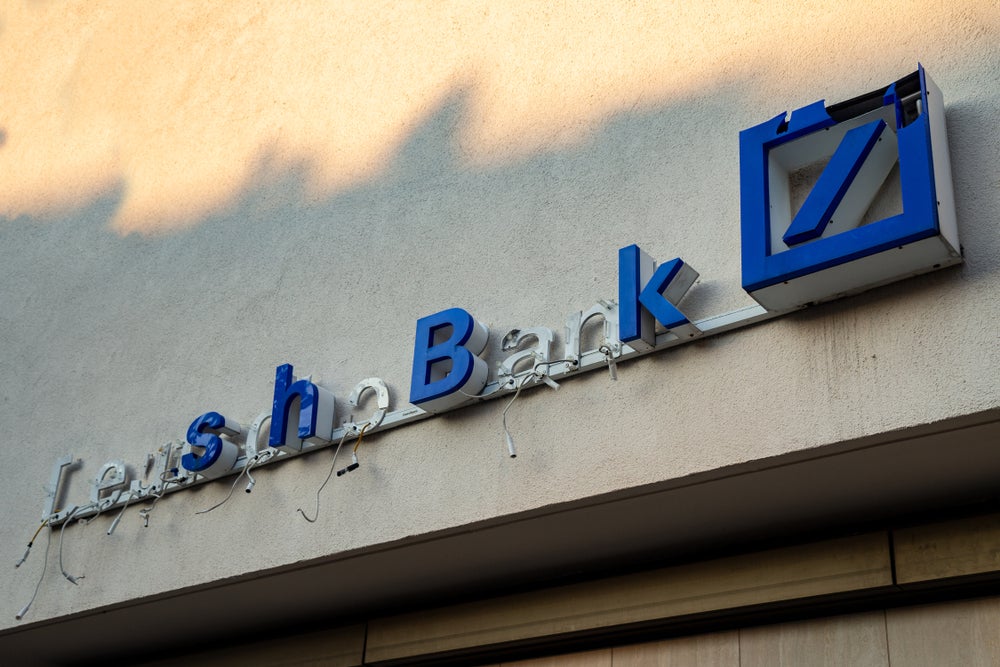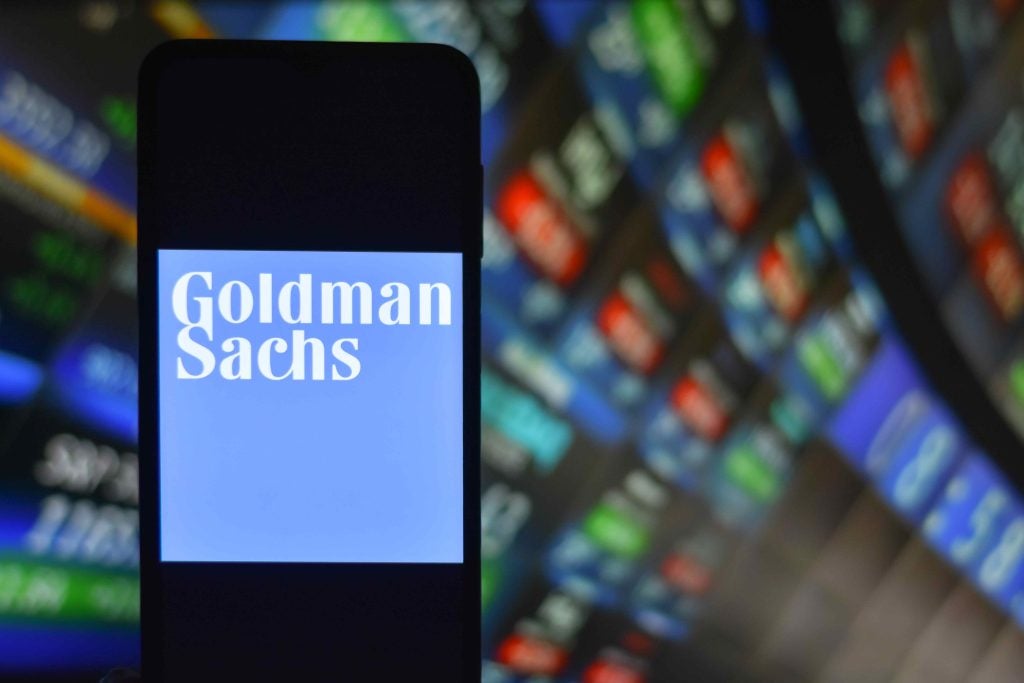
Where does the future of the Deutsche Bank lie? In an increasingly challenging industry, the German lender has lived a troubled existence in recent years. PBI looks at what lies behind its fall from grace, and where it goes from here.
Deutsche Bank – decline and fall
The plight of Deutsche Bank could be seen as a 10-year decline that started with the financial crisis of 2008. In the decade since, it has attracted particularly close regulatory attention and been handed a string of damaging fines.
Put simply Deutsche Bank came unstuck by straying too far away from friendly European waters and into the shark-infested seas of Wall Street as it attempted to compete with the likes of JP Morgan and Goldman Sachs.
Having greatly profited from the securitisation practices which precipitated the financial crisis, Deutsche Bank has suffered from the increased regulatory stringency since, as demands on capital reserve have eaten into profits.
Added to this, the regulators’ bite has proved just as damaging to Deutsche Bank as its bark.
Bloomberg reported in November that the bank’s fines over the last decade total $18bn.
These include:
- $258 million to the Federal Reserve in November 2015 for violating sanctions on Iran, Libya, Syria, Myanmar and Sudan
- $7.2bn in January 2017 to settle a probe by US regulators surrounding the selling of mortgage securities that contributed to the financial crisis
- $629 million in January 2017 to US and UK authorities for assisting wealthy Russians launder around $10m
The Wall Street Journal has reported that Deutsche Bank is also facing a probe from the US Department of Justice regarding its alleged role in the 1MDB Malaysian state fund scandal.
Deutsche Bank restructuring and muted merger
Deutsche Bank has undertaken a full-fledged restructuring of its business since Christian Sewing became CEO in April 2018.
This invites comparison with that enacted by Tidjane Thiam at Credit Suisse on his ascension in 2015, with cuts to headcount and closure of less profitable outposts of the business.
It was reported in March that Deutsche Bank was in discussions with Commerzbank over a potential merger, which would create a single bank with over $2 trillion in assets.
Concerns were quickly raised given the beleaguered financial position of both parties, and the talks collapsed in late April after the parties were unable to reach a deal that provided “sufficient added value”.
Meanwhile, the bank is set to overhaul its investment banking operations, disposing of its unprofitable non-core assets in a “bad bank” strategy.
This has caused concern of both regulators and commentators, inviting scrutiny from the Fed and analysts have questioned whether the strategy will adequately appease shareholders.
Deutsche Bank -the future
News of job cuts totaling around 18,000 in the near future at Deutsche Bank were reported in early July.
This was followed only days later by Europe head of wealth management Claudio de Sanctis voicing his belief that his own area of the business can lead the turnaround.
A week before the large job cuts were revealed, Reuters reported that the Bank is set to add 300 relationship and investment managers to its wealth management unit by 2021.
This again mirrors the strategy of Credit Suisse, who broadly pivoted towards wealth management at investment banking’s expense as part of its own restructuring in recent years.







